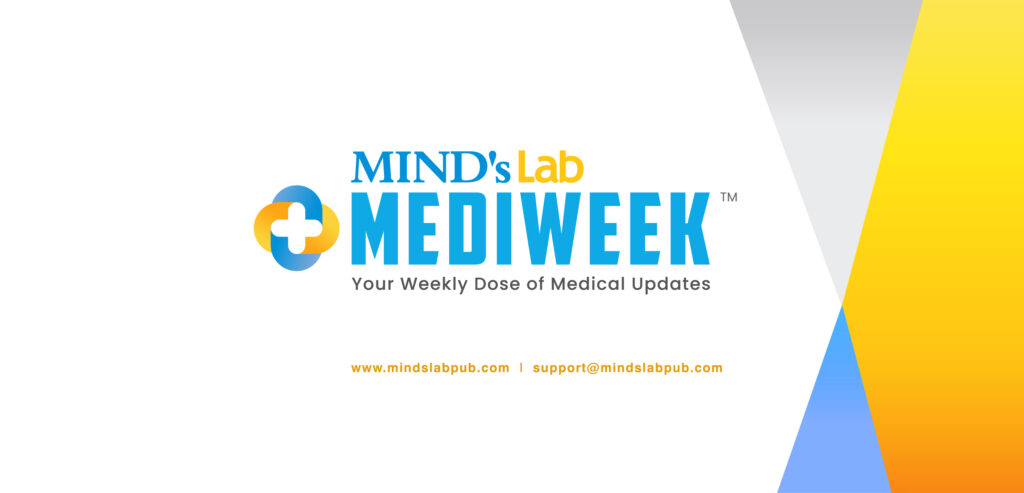Higher Physical Activity in Adults Linked to Lower Risk of Dementia!
Higher cost and adverse events associated with pharmacotherapy for Alzheimer disease (AD) has led to an increased interest in understanding lifestyle factors, which can help prevent or delay dementia. The 2024 Lancet Commission reported that up to 45% of the dementia cases could be prevented by modifying 14 risk factors across the life course, including […]
Higher Physical Activity in Adults Linked to Lower Risk of Dementia! Read More »
